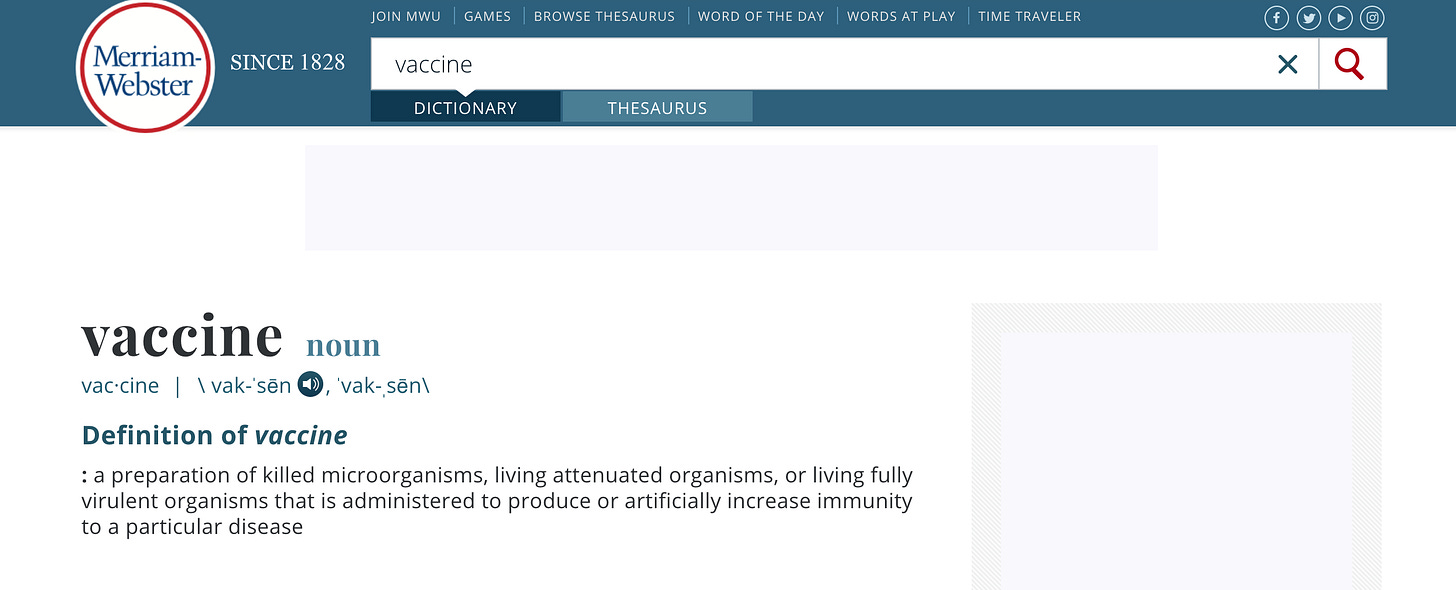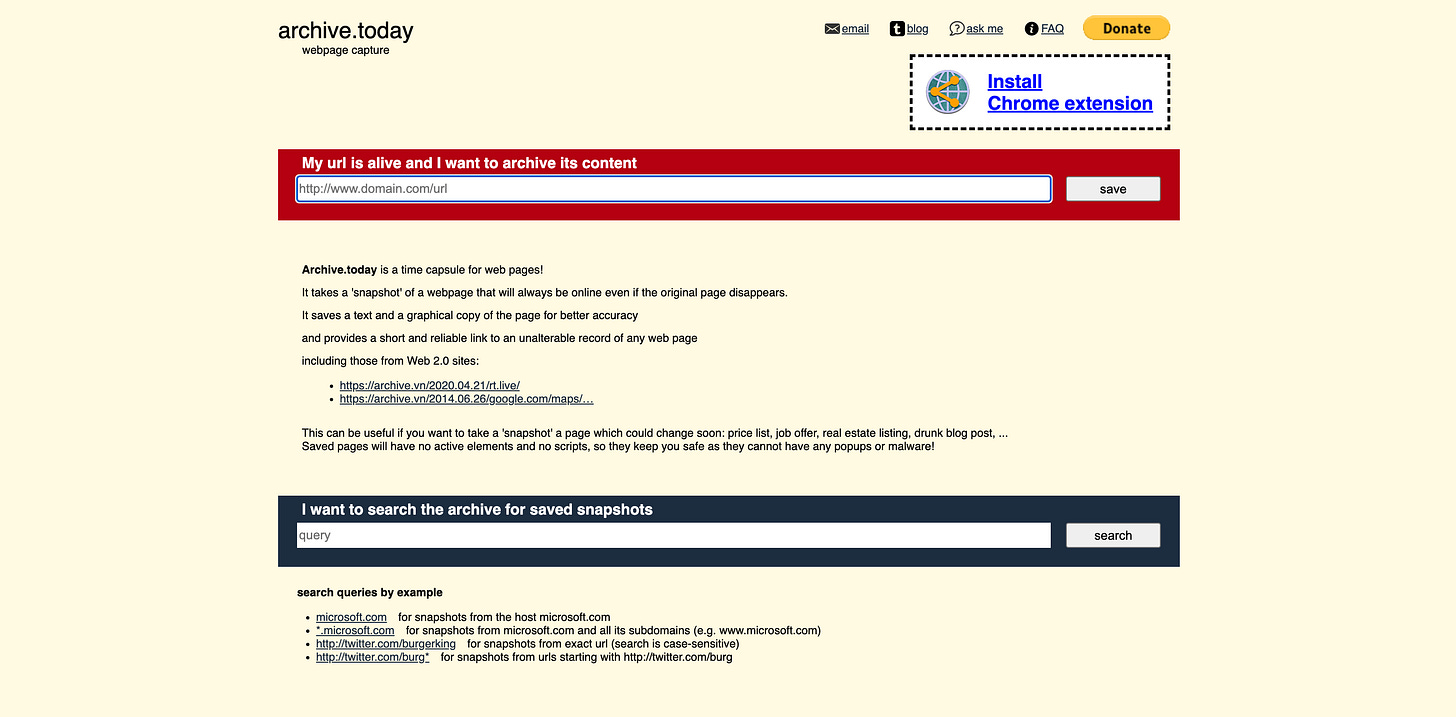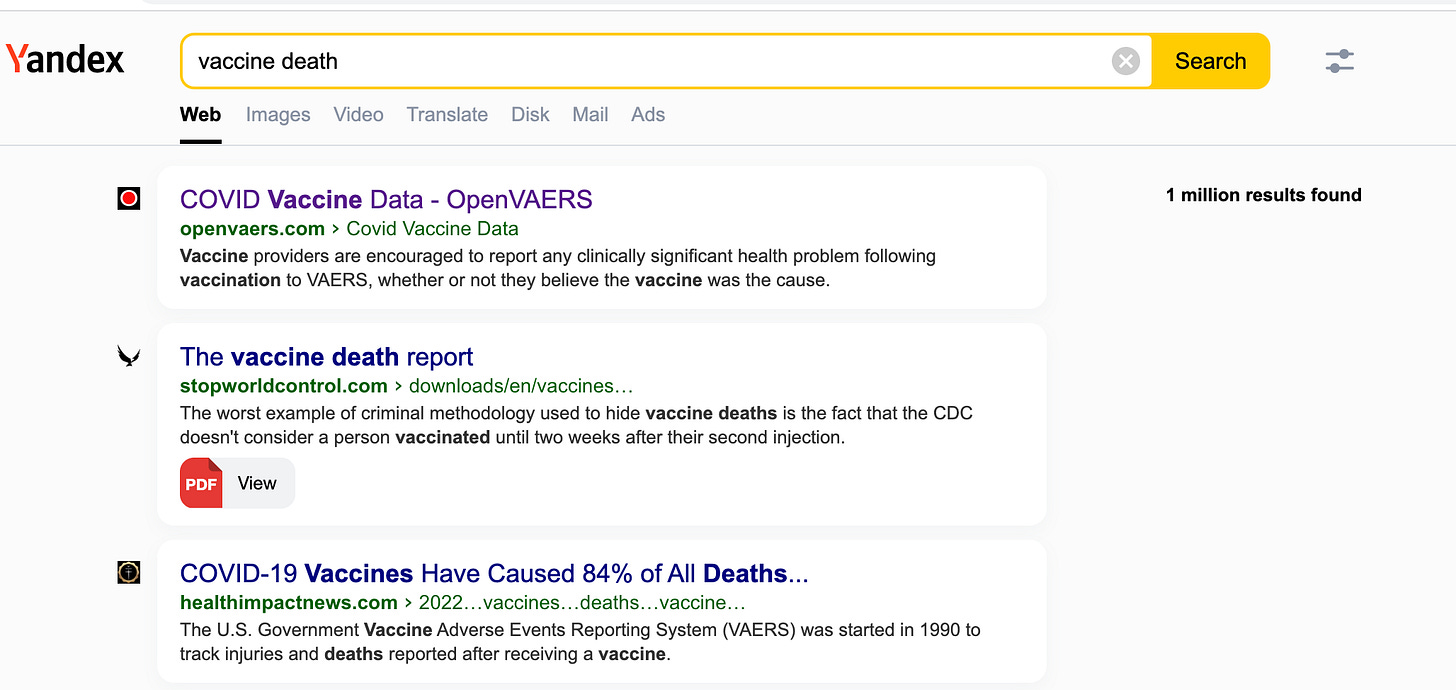By Scott Armstrong
Google Dorks
Here are some tips and tricks that I utilize in my research. I know we all have a love/hate (mostly hate) relationship with Google as a corporation, but Google as a search engine can be extremely effective if you know how to use it to your advantage. I am a big proponent of using their tools against them.
The first item discussed in the video is “Google Dorks”. Google dorks are defined as:
A Google dork query, sometimes just referred to as a dork, is a search string or custom query that uses advanced search operators to find information not readily available on a website. Google dorking, also known as Google hacking, can return information difficult to locate through simple search queries.
This article from Tech Target goes into the dark side of using Google Dorks and outlines ways in which they should not be used, for example:
Hackers use Google to identify websites with security vulnerabilities and/or sensitive information the attacker can use, usually for some malicious purpose.
Around since 2002, dorking usually involves using a search engine as a hacking tool. Google's tremendous web crawling capabilities facilitate dorking. With a Google dork, attackers can access a lot of information they wouldn't be able to get with simple queries. This information includes the following:
Don’t be stupid and fall into the trap of using these for malicious purposes. We are only trying to utilize these search queries for good.
My favorite Google Dork for getting valuable, but not readily available information is the [site:] query. It allows you to do a targeted search only within specific websites. Here are the examples from the video above:
Site:whitehouse.gov "cbdc"This search query will only return results containing the word “cbdc” on the whitehouse.gov website. We can go a step further and look for the term “CBDC” in all government websites by using an asterisk in place of the domain name. A [*] serves as a “wildcard” or a placeholder for all possible entries, allowing you to search all government websites. That search term looks like this:
site:*.gov "cbdc"Substitute whatever it is you want to search for, with quotation marks, to find what you’re looking for.
Other TLDs (Top Level Domains) you can use for this are [.edu] or [.mil] to find authoritative/official documents.
You can exclude search results by adding a [-] to the term, for example:
site:*.gov "vaccine death" -cdc -nihThis will exclude all search results from the CDC or NIH when scouring documents on all government websites that contain the term “Vaccine Death”.
Click here for a good list of available “Google Dorks”.
Wayback Machine
The Wayback Machine, located at Archive.org, allows you to copy and paste URLs into the search field and find previous versions of websites. This is handy when attempting to determine how they are trying to lie and manipulate us. The establishment is constantly trying to change definitions to suit their needs, so it is up to us to stay ahead of the propaganda by comparing what they are trying to say today versus what they used to say.
In the video, we used the Merriam-Webster definition of the word “vaccine” as an example:
Here’s what the definition of the word “vaccine” looked like in October 2019:

Here’s what it looks like today:

Use the Wayback Machine to go in and find previously archived versions of a site in order to see how it has changed over the years:

Paywall Killers
There is nothing more frustrating than being deep down the rabbit hole, researching late into the night, and then running into a mainstream media website like the New York TImes or the LA Times that wants you to give them money for their content! I am all about giving money to those who I get value out of, but not these jerks.
So what can be done about it? Head over to 12ft.io, copy the URL from the original article and then post that URL into the field on the main page of 12ft.io. BAM! You now have access to the article without subscribing to a website you don’t believe in.
An alternative to that is to use “Archive.today”. Head over there and you can either enter the URL into the bottom search bar to find a version that has been archived by someone else, or you can enter the URL to the top field and archive the article yourself:
This tool is very handy because after a page is archived, or you pull up a previously archived page, you can share that link instead of the original article link in your sources. This will allow other people to access that website without having to run into the pay wall. Also, you are not giving clicks to these websites that we deemed to be out of alignment with our values. I would suggest sharing both the original link to the article and the archived link as well, and encourage people to use the archive link.
Yandex
Finally, I wanted to call your attention to a website called Yandex.com that does a great job of delivering search results that websites like Google would never deliver. Type in “vaccine death”, for example, and look at the difference in results compared to what you would get if you type that into Google
I hope that you found this information valuable. Let us know in the comments if you have any other research tips that maybe we can cover in a future article!
Please make sure you share this article far and wide to empower others with these tools. Also, please consider upgrading your subscription to a paid level to help us grow and allow us to bring you this type of information full time! Thank you so much!
Note to the Readers:
Thank you for your ongoing support of The Last American Vagabond. TLAV is a Value-For-Value experience. We want to invite you to subscribe to our Substack for as little as $5/month to j oin the discussion, comment on posts, join the TLAV Roundtable Discussions and feel good about supporting alternative media that you value. Upgrade to the Founding Member Level for the opportunity to have a monthly Q&A with Ryan as well. Thank you to all of you who already support TLAV in all the various ways that you do with your time, talent and treasure.







